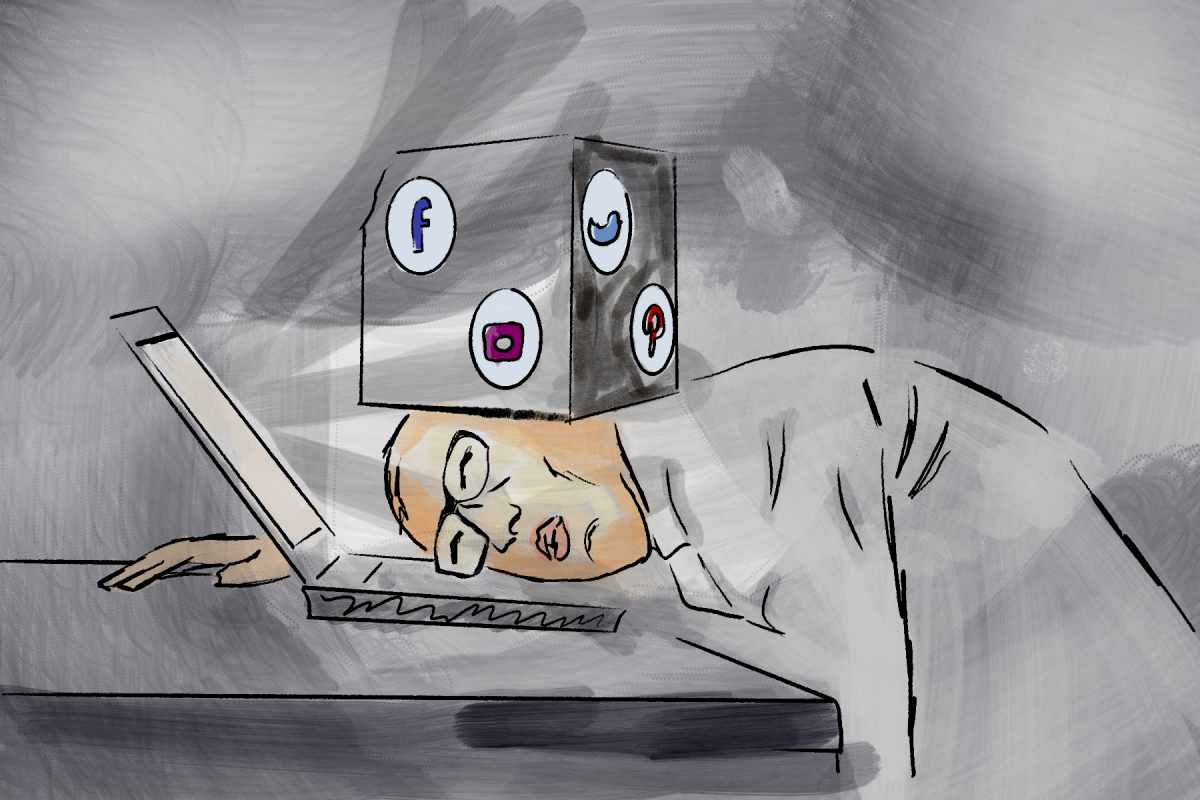A Texas A&M Today Aug. 29 article by Director of the Clinical Center for Facial Pain and Sleep Medicine Dr. Steve Bender detailed the benefits of shorter naps.
The best length of naps is 20 to 30 minutes and boost mental functions and memory and improve alertness and reaction time, according to the article. Short naps are more effective than long naps because it does not allow people to go into deep sleep, Bender said.
“If you are sleeping less, like 20 to 30 minutes, it’s not going into deeper sleep,” Bender said. “So you tend to wake up more refreshed because your brain doesn’t slow down as much like it does in deeper sleep patterns.”
Bender said after the initial period, people start going into deeper sleep patterns. When people go into deeper sleep, it becomes harder to wake up, a phenomenon called sleep inertia. People wake up groggy and tired, and it’s hard to get out of bed,
Bender said. Longer naps are more harmful than helpful, Bender said.
“Try not to do the marathon nap — the two to three hour nap — because most people are going to wake up grumpy,” Bender said. “It’s going to be hard to get up. They’re just not going to feel as energetic.”
Biology freshman Abi Ray said her naps range from an hour to an hour and a half… Afterwards, she said she feels more tired than she did before. The long naps take time from her day, especially when she does not wake up to her alarms and keeps sleeping, Ray said.
“It’s hard to fall asleep after the nap for the night and then also it takes so much time, and I don’t wake up,” Ray said. “I keep hitting snooze.”
If students are in an environment where they need to wake up and be alert shortly after, then long naps will not allow them to do that effectively, said David Earnest, Ph.D., professor at the school of medicine in the department of neuroscience and experimental therapeutics, said.
“You’re going to wake up from [a long nap] just like you did normally during the morning,” Earnest said.
Being disciplined by setting up an alarm and getting up rather than hitting the snooze is important, Bender said. He said if people still feel tired after a nap, then it’s better to have caffeine rather than sleep more. Repeatedly getting up at the alarm trains yourself and can cause waking up naturally right before the alarm, Bender said.
“Set your alarm and just stick with that,” Bender said.
Bender said circadian cycles tell us to go to bed at night, but at midday, there is a dip in the cycle, causing a loss of energy, and that’s when naps are most important. Bender said if he could go back to school knowing what he knows now, he would approach sleeping the same. In college, he said he set his schedule to allow for quick naps after lunch.
“Catching a nap at [after lunch, around mid-day,] that’s gonna be the most effective, and it’s not going to interfere then with your nighttime sleep pattern,” Bender said. “So sometime around 12-2:00 p.m. is probably the ideal time to take a nap.”
For students, Bender said to try to take a nap mid-afternoon, and if they can’t, take quiet rest time instead. When taking a nap he said to shut the phone off, make it quiet and dark.
“I think most students would find [the recommended nap] pretty beneficial more so than trying to nap for two or three hours,” Bender said.
Studies show that when students adopt a routine of short naps that it improves their school performance, and has shown increased productivity in the workplace, Bender said. When studying, studies show that sleeping is more beneficial than all nighters, Bender said.
“Studies tell us that if we try to learn something and then sleep, it kinda stabilizes those memories better for us as opposed to like what we used to do: all nighters and [attempts] to study, study, study and then take the test,” Bender said. “The synapses don’t work well. So we need to study and then sleep, and then, we perform better.”
A healthy amount of sleep for students is seven to eight hours, and it is important to get this on a nightly basis, Earnest said. For each one hour of sleep deprivation, people have a drop of one IQ point, Earnest said.
“Your performance on exams is going to be potentially affected in cases where there’s sleep deprivation,” Earnest said. “So certainly the amount of sleep is important.”
Students experience “social jet lag” which means that because of students’ social engagements on the weekends, they go to sleep later and sleep in, Earnest said.
“Your sleep wake cycle [depends on] the time that you go to bed, and the time that you wake up will probably change dramatically from the other days of the week,” Earnest said.
Earnest said the irregularity of the sleep patterns can have health effects. He said studies show it affects metabolism like Type 2 diabetes. The two most important factors of normal sleep are the amount someone gets and the consistency of the timing, Earnest said.
“It doesn’t make a difference if you’re going to bed regularly at midnight, or, you know, your night is like my son, going to bed at 3 a.m., as long as you’re doing it at the same time on a daily basis,” Earnest said.




















